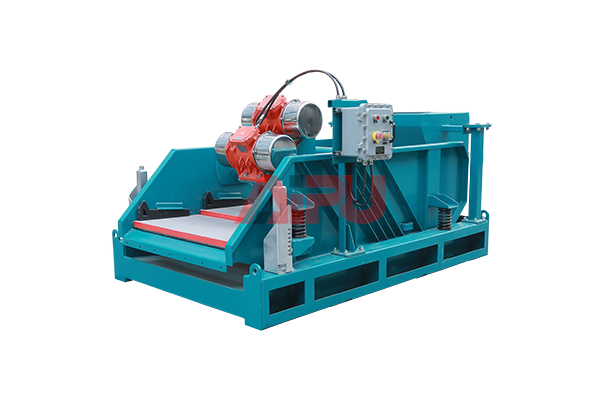Proper maintenance of solids control equipment is crucial for ensuring optimal performance and longevity in drilling operations. Regular upkeep not only prevents costly breakdowns but also maintains efficiency in separating solids from drilling fluids. Understanding the key maintenance practices can significantly extend the equipment's service life.
Daily Inspection Routines
Operators should conduct visual inspections before each shift. Check for leaks, unusual vibrations, or abnormal noises from shale shakers, centrifuges, and desanders. Monitor fluid levels and ensure all moving parts are properly lubricated. These simple checks can identify minor issues before they escalate into major problems.
Scheduled Component Replacement
Wear parts like screen panels, conveyor belts, and seals require periodic replacement. Establish a replacement schedule based on operating hours or throughput volume. Keeping detailed maintenance records helps predict when components will need attention, preventing unexpected downtime during critical operations.
Cleaning Procedures
Accumulated solids and drilling fluid residues can impair equipment function. Implement thorough cleaning after each job or at regular intervals. Pay special attention to screens, cones, and discharge areas where material buildup commonly occurs. Proper cleaning maintains separation efficiency and prevents corrosion.
Lubrication Management
Moving parts in solids control systems demand proper lubrication. Follow manufacturer specifications for lubrication intervals and use recommended grease types. Over-lubrication can be as harmful as under-lubrication, attracting contaminants that accelerate wear.
Electrical System Checks
Inspect motors, wiring, and control panels for signs of damage or corrosion. Test safety switches and emergency stop functions regularly. Electrical components in the harsh drilling environment require particular attention to prevent hazardous situations.
Vibration Analysis
Unbalanced equipment causes premature wear and reduces separation efficiency. Periodic vibration analysis of shale shakers and centrifuges helps detect misalignment or bearing issues early. Correcting these problems promptly prevents more extensive damage.
Training Personnel
Well-trained operators are the first line of defense in equipment maintenance. Ensure all personnel understand proper operating procedures and can recognize early warning signs of potential issues. Regular training updates keep maintenance knowledge current.
Documentation Practices
Maintain comprehensive records of all maintenance activities, including dates, performed services, and replaced parts. This documentation helps track equipment history, identify recurring issues, and plan future maintenance more effectively.

If your project requires solids control equipment, choose Aipu solids control, we believe it will be your best choice.
